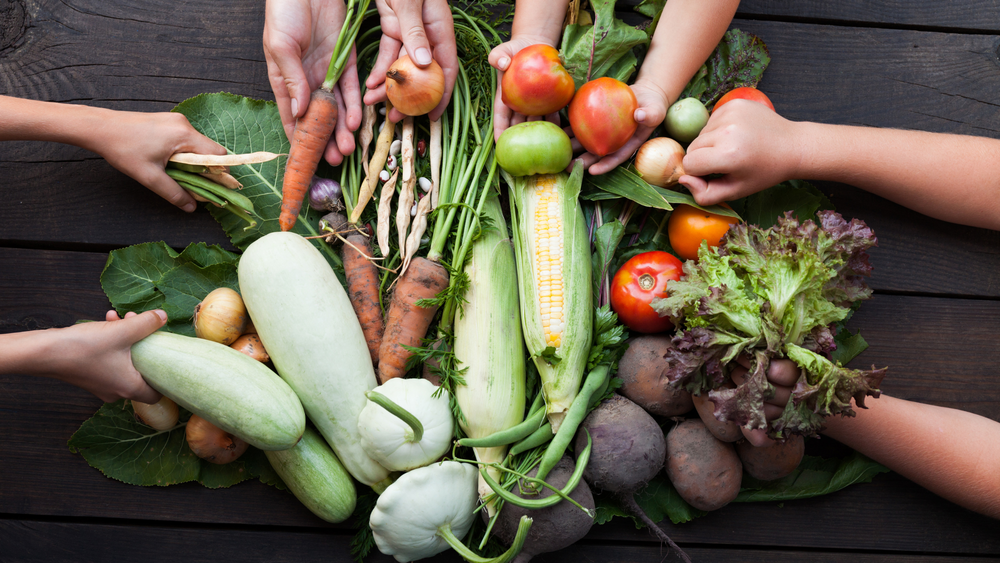We are currently in an era where the urgency of environmental sustainability is more pressing than ever. In this context, the role of chef has extended beyond the confines of kitchen. Today, chefs are not just culinary artists but also advocates for sustainable practices. This evolution is not only shaping the food industry but also significantly impacting our planet's health. This post will provide valuable insights into how a chef plays an important role in sustainable cooking.
Understanding Sustainable Cooking
Before delving into the role of chef in sustainable cooking, it is important to grasp the concept of sustainable cooking. Sustainable cooking is the practice that minimizes environmental impact, reduces waste, and promotes the use of ethically sourced ingredients. It’s about creating delicious food while being mindful of the resources used and the positive effect on the environment.
Role of Chef in Sustainable Cooking
Now, we will look into the role of chef in sustainable cooking:
1.Promote plant-based diet: Meat production contributes to greenhouse gas emissions. So chefs can design menus that emphasize plant-based dishes, thereby inspiring people to embrace plant-base diet. By creating exciting and flavorful vegetarian and vegan dishes, chefs can make plant-based diets more appealing to a broader audience, thereby influencing consumer behavior.
2.Source local and seasonal ingredients: Using seasonal ingredients ensures that food is rich in nutritional value and flavorsome, it also reduces the need for artificial growing environments. By choosing the local produce, chefs reduce the carbon footprint of transporting food over long distances. It can also support nearby farmers and boosts the local economy.
3.Minimize food waste: Chefs can implement practices that minimize food waste, such as using every part of an ingredient, from root to stem, and repurposing leftovers into new dishes.
4.Support ethical suppliers: Using fair trade products ensure that farmers and workers are paid fairly. Chefs can choose seafood from sustainable sources, ensuring that fish populations are not depleted and marine ecosystems are protected.
5.Reduce Energy Consumption: Sustainable cooking also involves reducing energy consumption in kitchen. Chefs can invest in energy-efficient appliances, or practice cooking techniques that use less energy such as drying in sun, rather than using dryers. These steps help reduce the impact of kitchen on the environment.
6.Educate consumers: Chefs can also educate diners about sustainable practices, the importance of local and seasonal eating, and the benefits of reducing food waste. This can be done through menu descriptions, cooking classes, or even interactive dining experiences where the chef shares insights about the ingredients and cooking techniques used.
7.Use reusable and sustainable fabric: Chefs can lead the charge in shifting from disposable to reusable kitchen wear. Eco-friendly fabric hats, coats, and aprons are not only practical but also durable, offering a stylish yet sustainable option.
The shift towards sustainability in cooking is not just a trend but a necessary evolution. Chefs hold a unique position at the intersection of food production and consumption. By embracing sustainable practices, they can significantly influence the food industry and consumer behavior. We hope that this post helps you understand the role of chef in sustainable cooking. If it did and you are looking for sustainable clothing for chefs, such as chef hats, stain-resistant aprons, and much more, you can source them from ChefsCloset.

